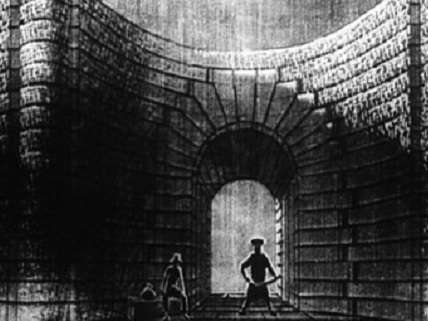John Stossel on New Technologies Bypassing Old Gatekeepers

For years, people assumed encyclopedias had to be created by professionals. Then Wikipedia founder Jimmy Wales attempted to create an encyclopedia without central planners. That sounded like a terrible idea to the old gatekeepers. One Encyclopedia Britannica editor sneered, "The user who visits Wikipedia is a visitor to a public restroom." Today research shows that Wikipedia is as accurate as Encyclopedia Britannica. Wikipedia is now the sixth most visited website, while the hardcover Encyclopedia Britannica no longer exists. Many of today's most popular websites—Google, Indiegogo, Facebook—thrive because they gave more control to users than to the founders. They also help users get things done without relying on gatekeepers at publishing houses, mainstream media or colleges. Defenders of government and central planning often say that there are some things we just can't leave to individuals, writes John Stossel, things that require government central planning, such as road building. But often that's not true either.


Hide Comments (0)
Editor's Note: As of February 29, 2024, commenting privileges on reason.com posts are limited to Reason Plus subscribers. Past commenters are grandfathered in for a temporary period. Subscribe here to preserve your ability to comment. Your Reason Plus subscription also gives you an ad-free version of reason.com, along with full access to the digital edition and archives of Reason magazine. We request that comments be civil and on-topic. We do not moderate or assume any responsibility for comments, which are owned by the readers who post them. Comments do not represent the views of reason.com or Reason Foundation. We reserve the right to delete any comment and ban commenters for any reason at any time. Comments may only be edited within 5 minutes of posting. Report abuses.
Please to post comments
Mute this user?
Ban this user?
Un-ban this user?
Nuke this user?
Un-nuke this user?
Flag this comment?
Un-flag this comment?